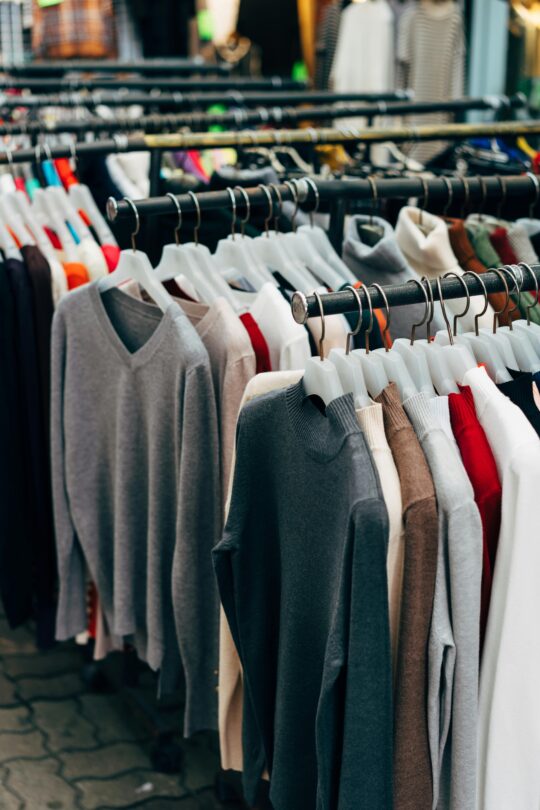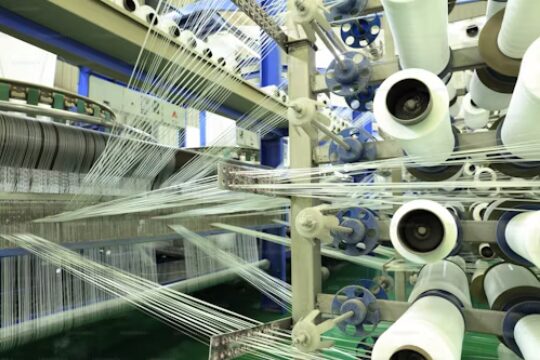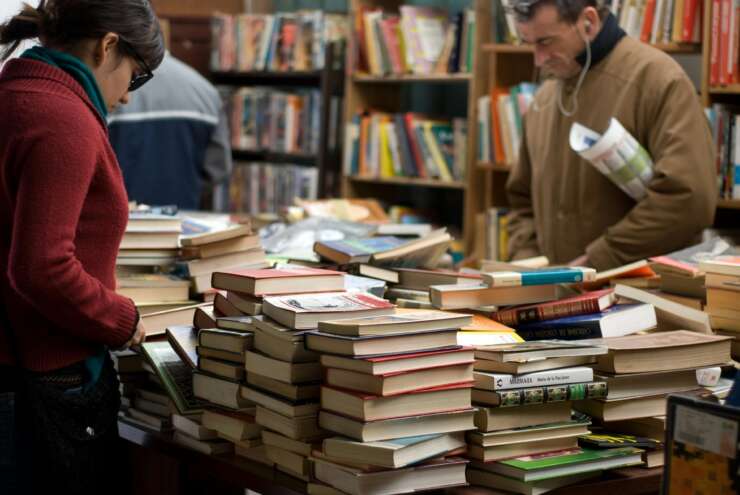Why second hand?
With fast fashion, the quantity of clothes produced and thrown away has boomed, due to the continuous introduction of new styles at extremely low prices. The fashion industry has emerged as one of the most environmentally damaging sectors, playing a substantial role in the worsening of climate change.
The entire life cycle of clothing, from the sourcing of raw materials, through manufacturing, transportation, distribution, and consumer usage, significantly impacts the environment. This process results in a substantial environmental footprint due to the extensive use of natural resources, water and land pollution, with high carbon emissions. For example, the fashion industry annually consumes a staggering 1.5 trillion liters of water and is responsible for 20% of global water pollution. This is primarily caused by the dyeing and treatment of fabrics with toxic chemicals, as well as the usage of pesticides in the cultivation of raw materials. Moreover, plastics, commonly utilised in synthetic fibers, end up in the oceans, contaminating the food chain as microplastics. Furthermore, 87 % of clothes end up as waste in landfills or are incinerated, whilst 30 % of garments are overproduced and disposed of without being worn even once.
To make a single cotton t-shirt, 2,700 liters of fresh water are required, enough to meet one person’s drinking needs for 2.5 years. Impressed? That is not all. According to the United Nations Environment Programme (UNEP), 3,781 liters of water are needed to make a pair of jeans, from the production of the cotton to the delivery of the final product to the store. That equates to the emission of around 33.4 kilograms of carbon equivalent.
Despite the dramatic figures, pollution is not the only concern. The industry tends to perpetuate poverty. Even though the fashion industry is reaping enormous profits, textile workers often work in perilous conditions for mager pay. Unethical labour practices and hazardous processes are widespread issues, and many western fashion companies outsource production to developing countries to sidestep strict environmental regulations and capitalise on low-cost labour.
In response to these challenges, there's a growing movement towards adopting the circular economy as an alternative business model. This approach aims to prolong the circulation of raw materials without any loss of value and is based on the principles of refusing, reducing, reusing, and recycling resources.
In response to these challenges, there is a growing movement towards embracing the circular economy as an alternative business model that we at Gent Fair Trade fully support. It focuses on extending the lifespan of raw materials to ensure that they retain their value and is grounded in the principles of refusing, reducing, reusing, and recycling resources.
By acting and advocating for the continual use of clothing through wearing, and donating second-hand items, we can significantly reduce the demand for new products, thereby decreasing the environmental impact of the fashion industry and supporting the rights of marginalised workers in developing countries
Whether through thoughtful buying or donating well-maintained clothing and goods, it is possible to play an essential role in spearheading the circular economy revolution, starting with our own wardrobes.





